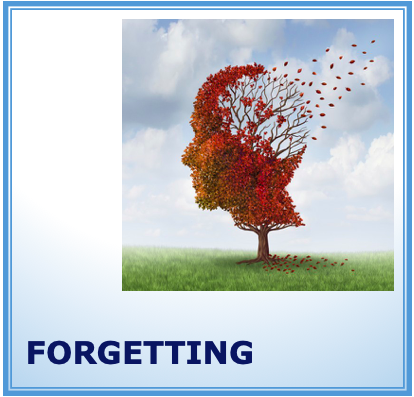|
Directed Forgetting and Memory Control
Everyday forgetting is an inevitable process that occurs largely outside of our conscious awareness or intentions, usually causing annoyance when it becomes apparent. Forgotten bills, misplaced keys, and missed birthdays uncomfortably remind us how frustrating it is to forget things. However, there are occasions when forgetting could be functional and adaptive. For example, when checking out of hotel, we do not want to retain the number of the room where we stayed; purging that information out of mind helps declutter it. In this day of constantly needing to update passwords, it is functional to forget the old passwords. In extreme cases, such as when memories are traumatic, it can be dysfunctional to ruminate on them, and one may wish to reduce their accessibility. Thus, it is not always the case that remembering is the desired outcome, and forgetting is the flaw. Sometimes remembering is the undesired outcome, and forgetting is the virtue. Our lab examines how people control their memory. Specifically, we are interested in forgetting of unwanted memories, and the role of executive control in those processes. We study these questions with the help of the directed forgetting paradigm. |






